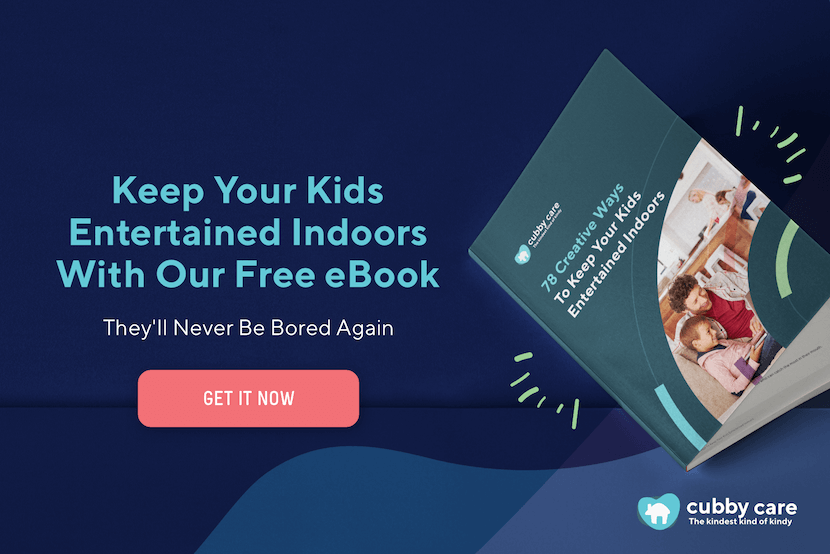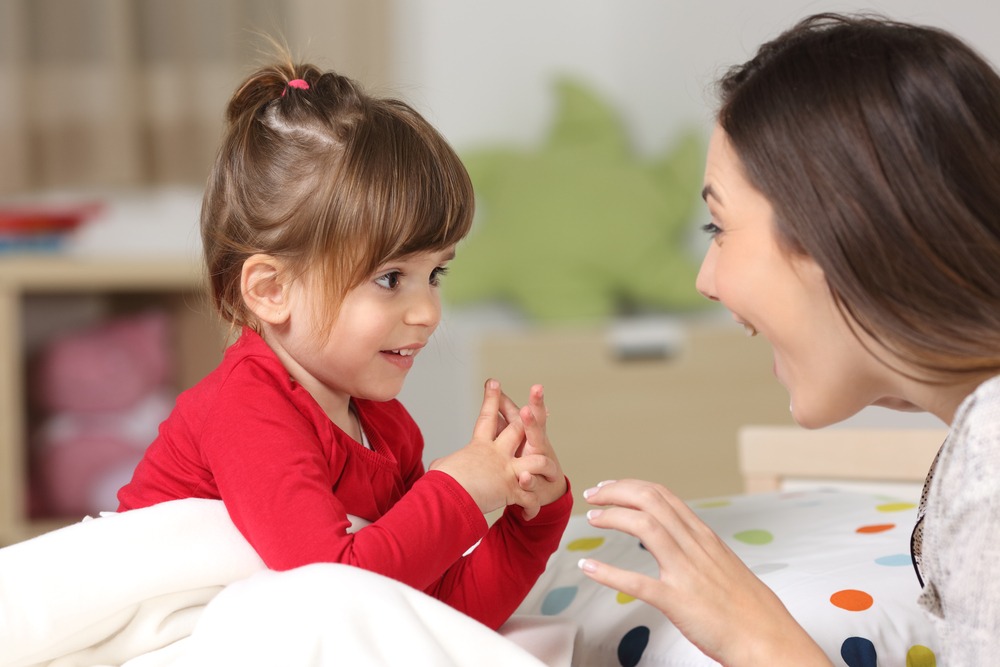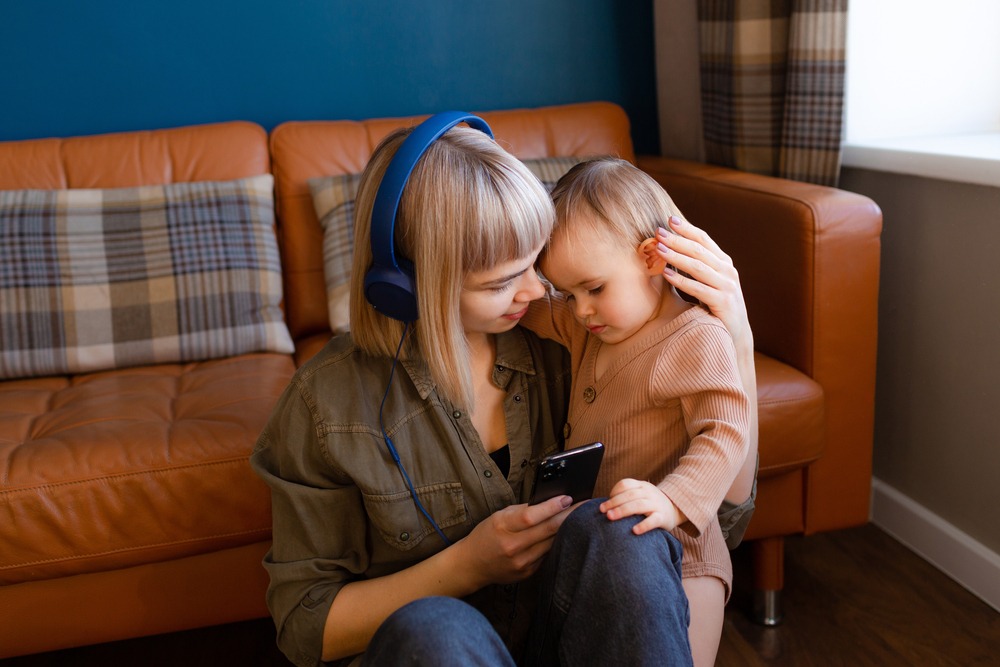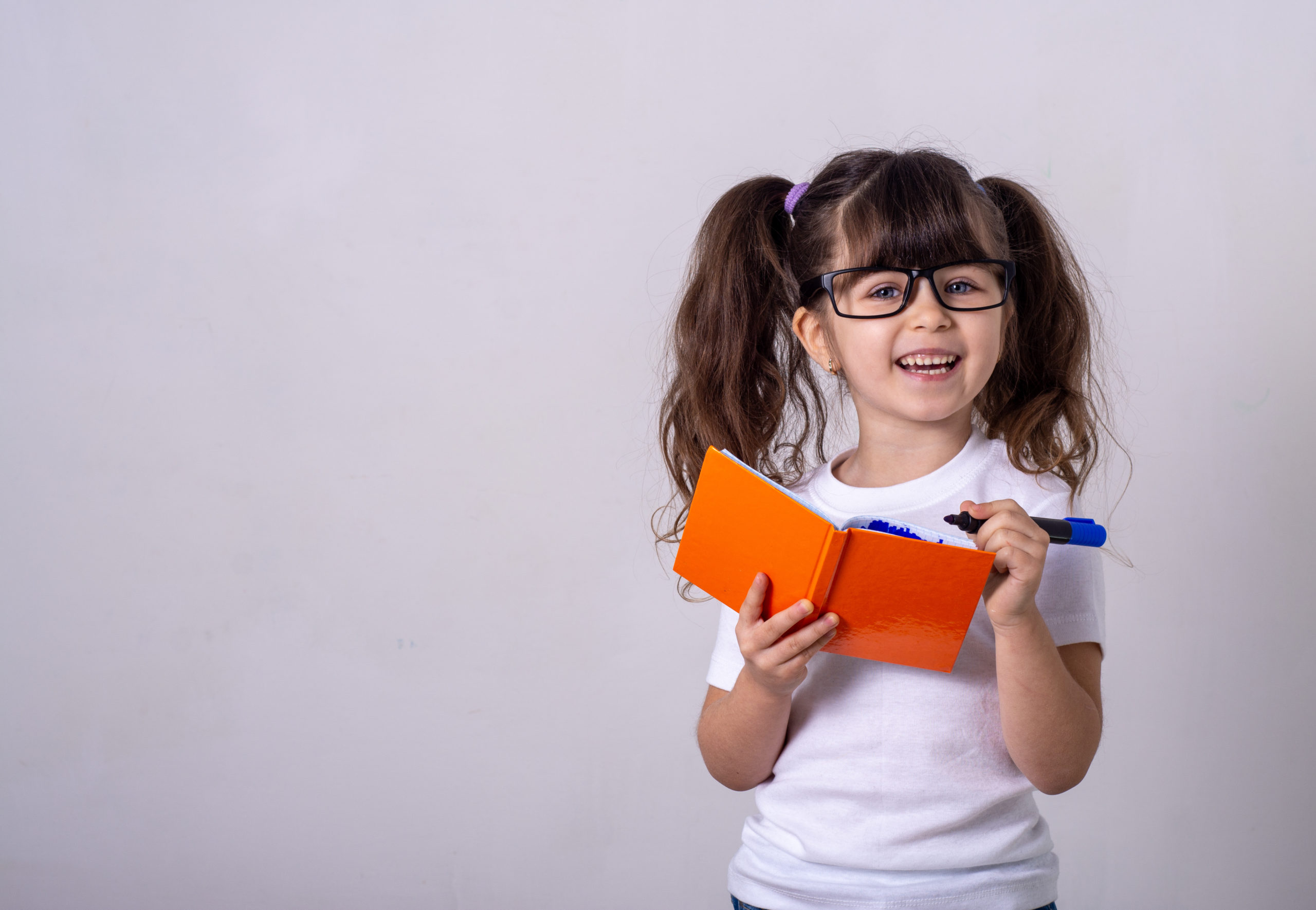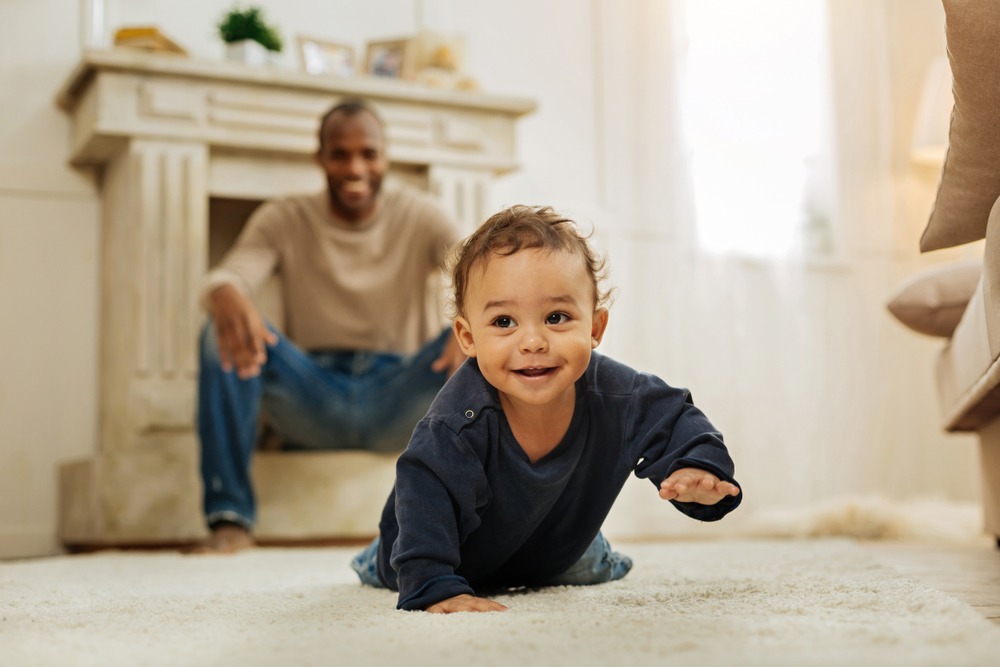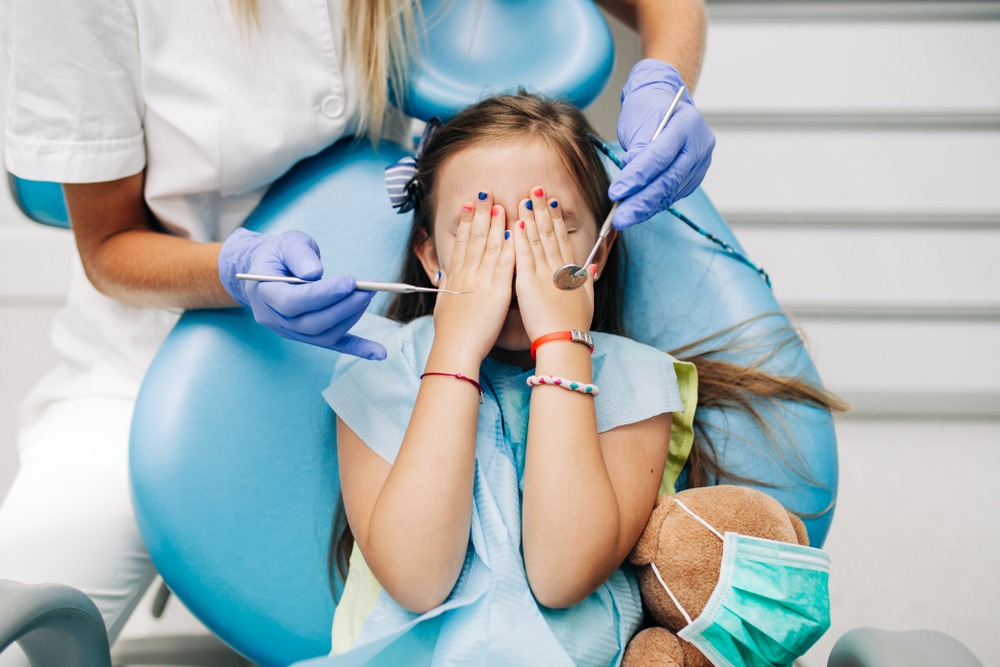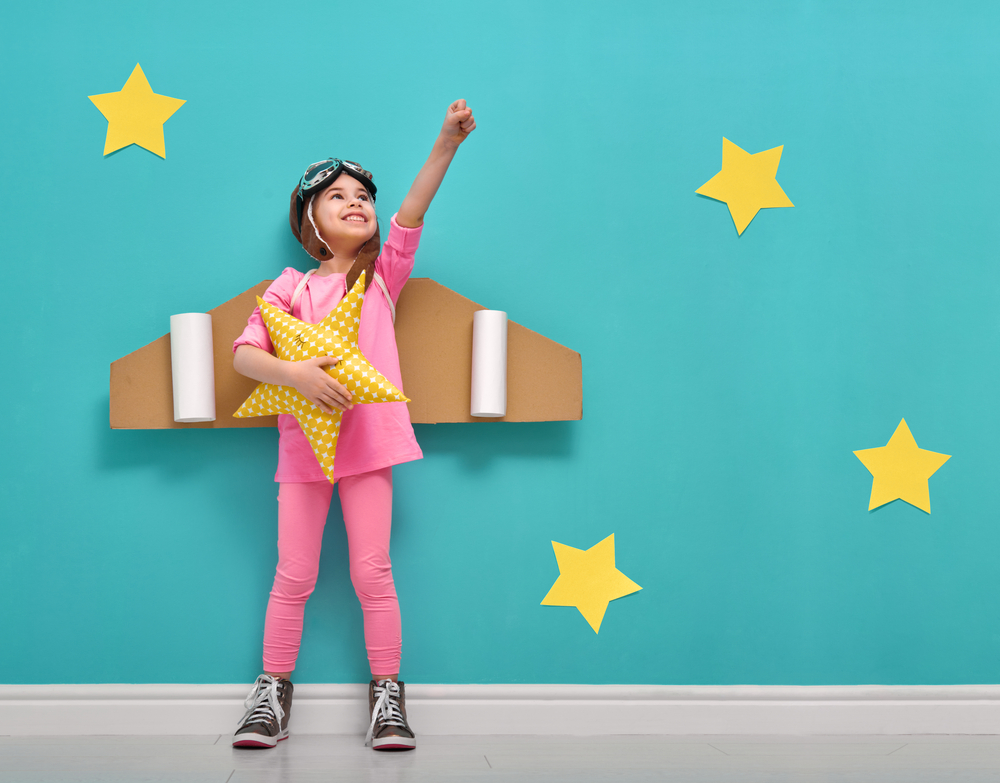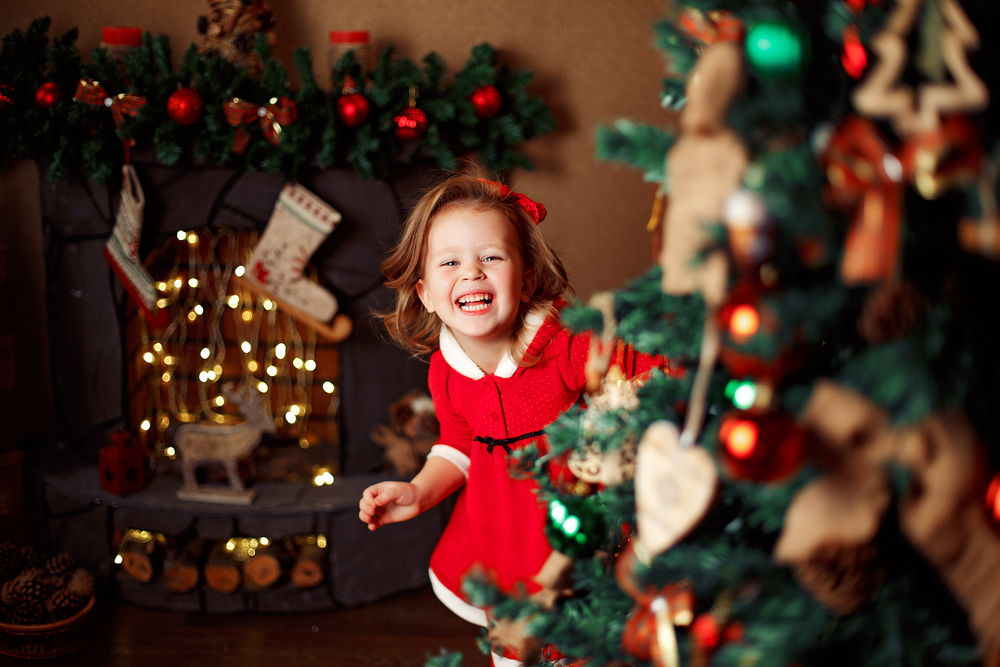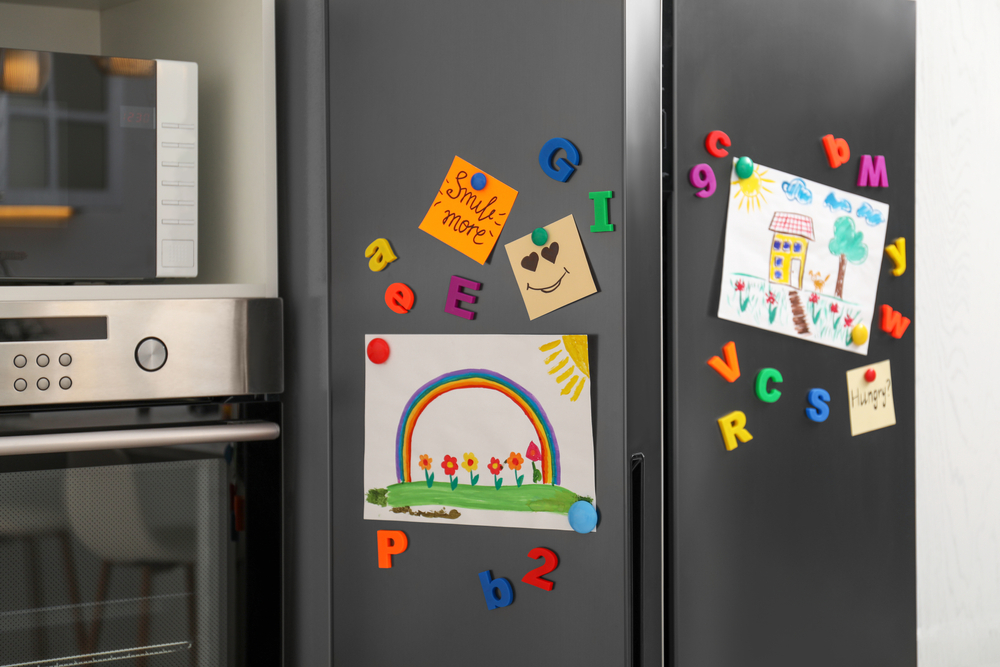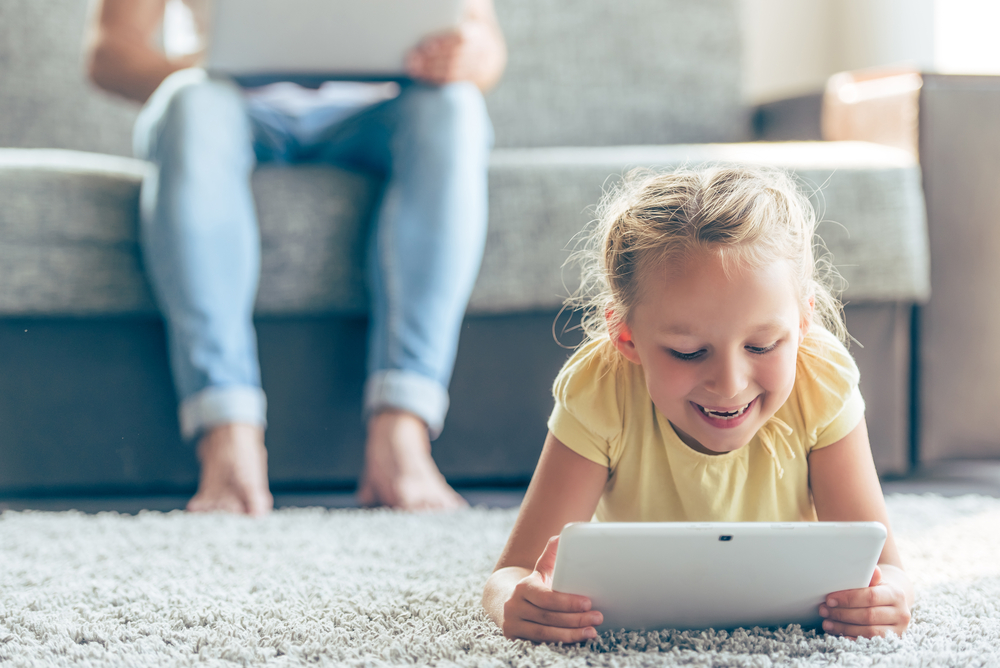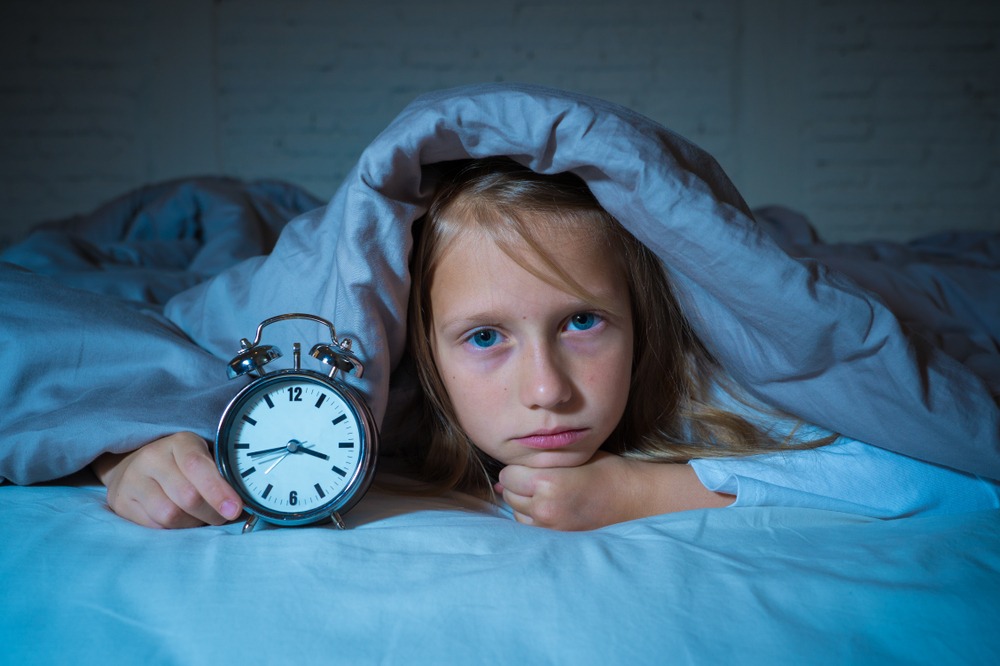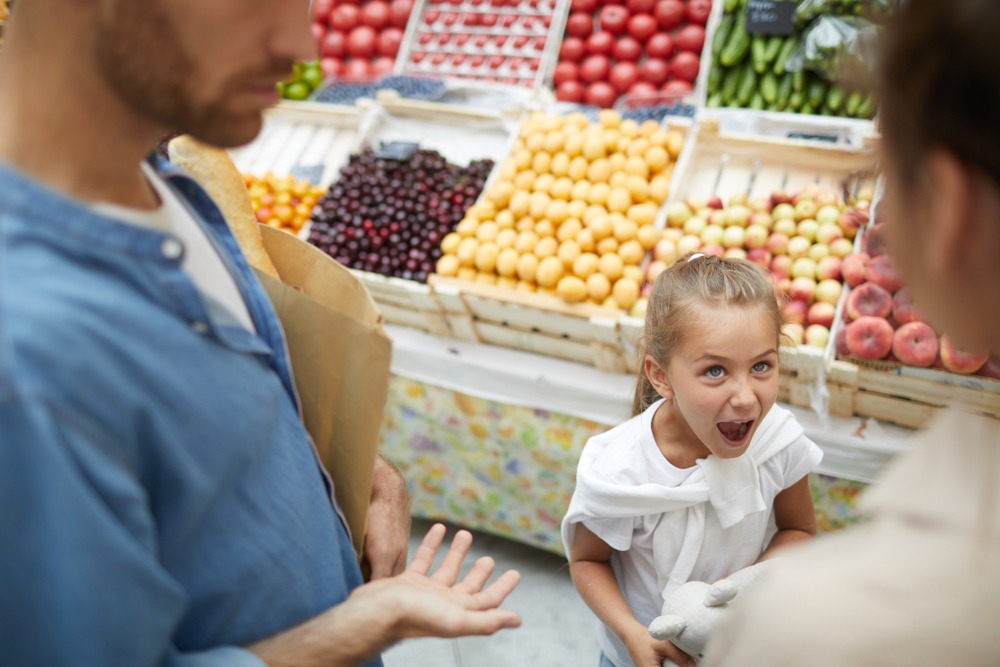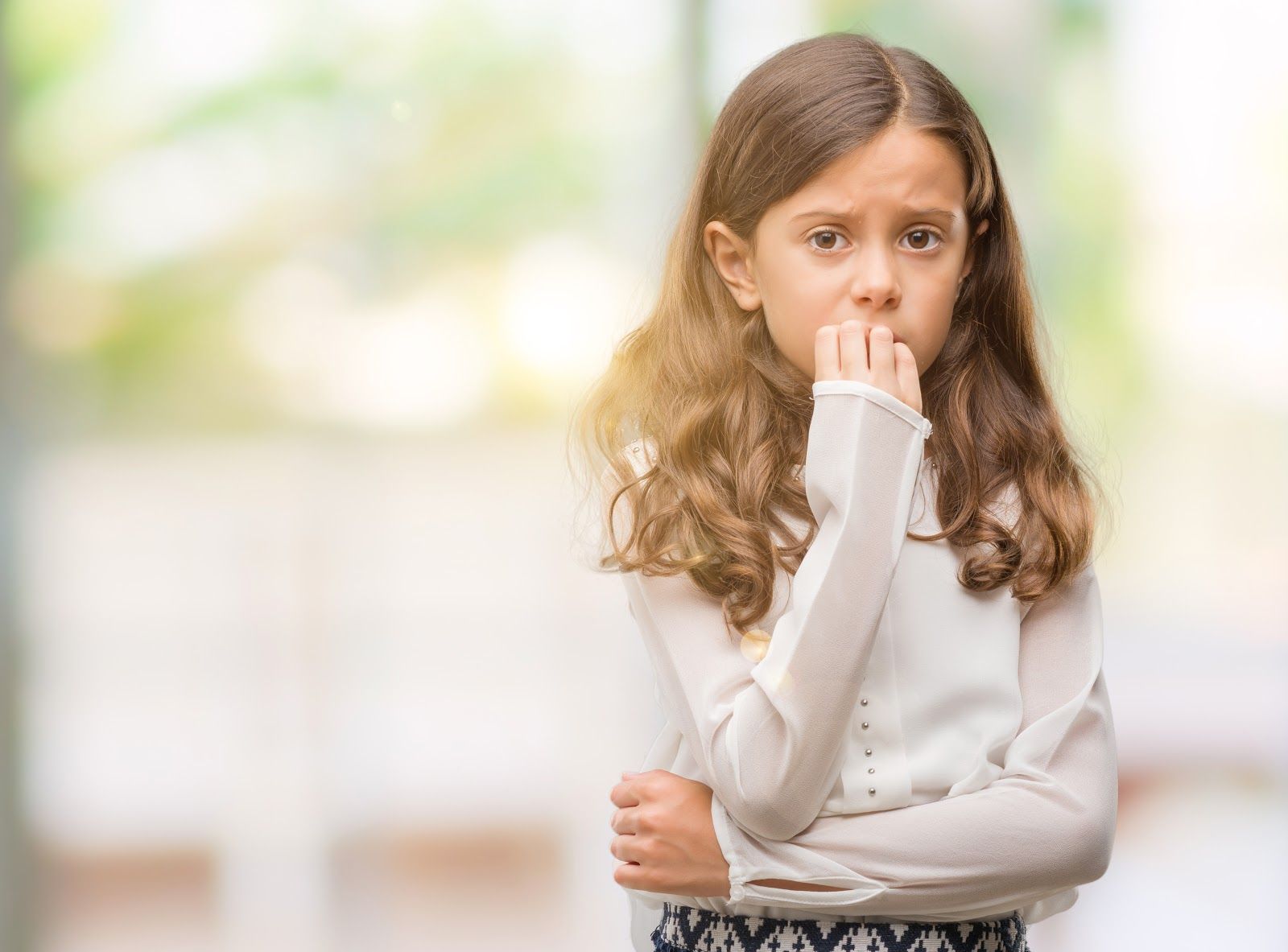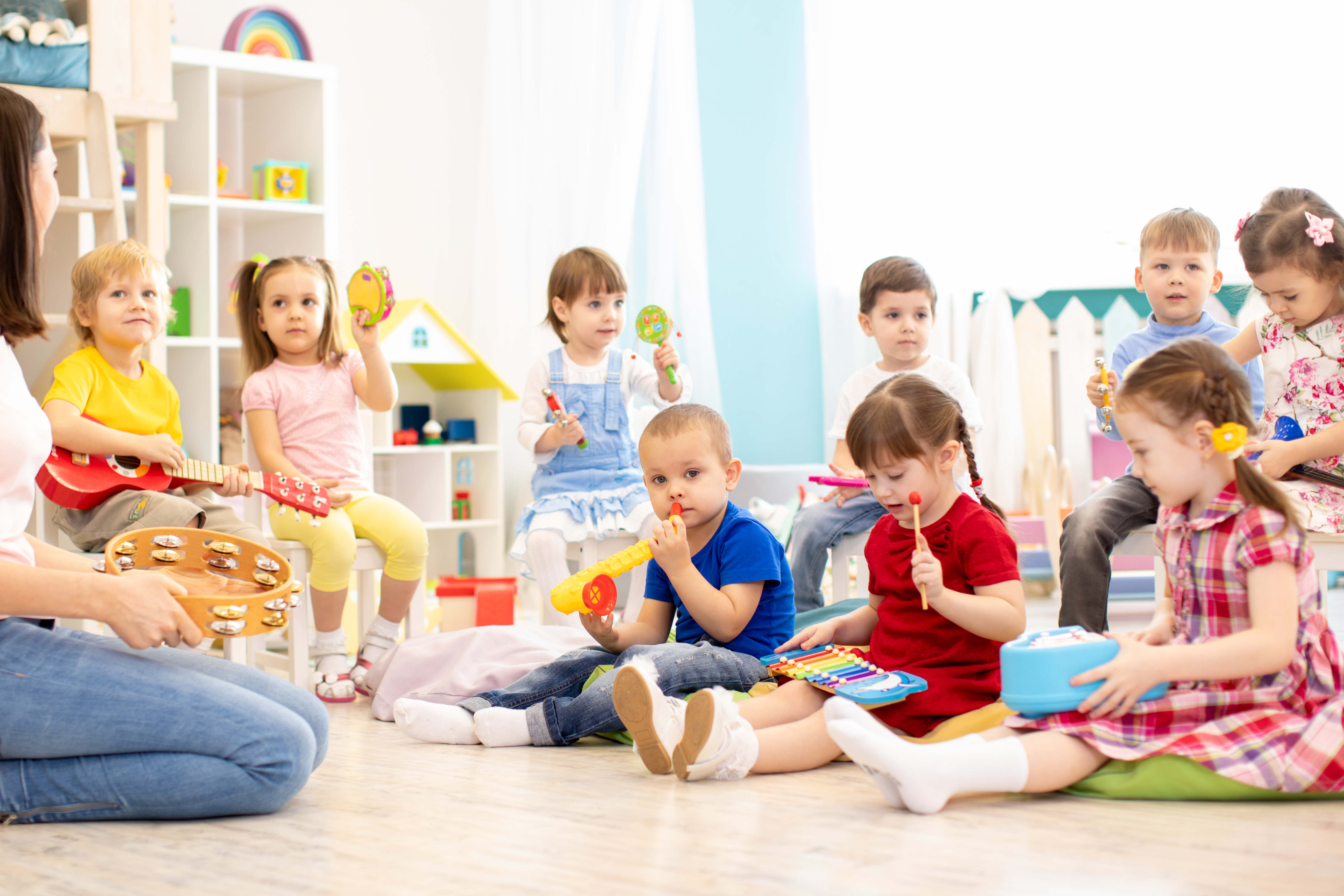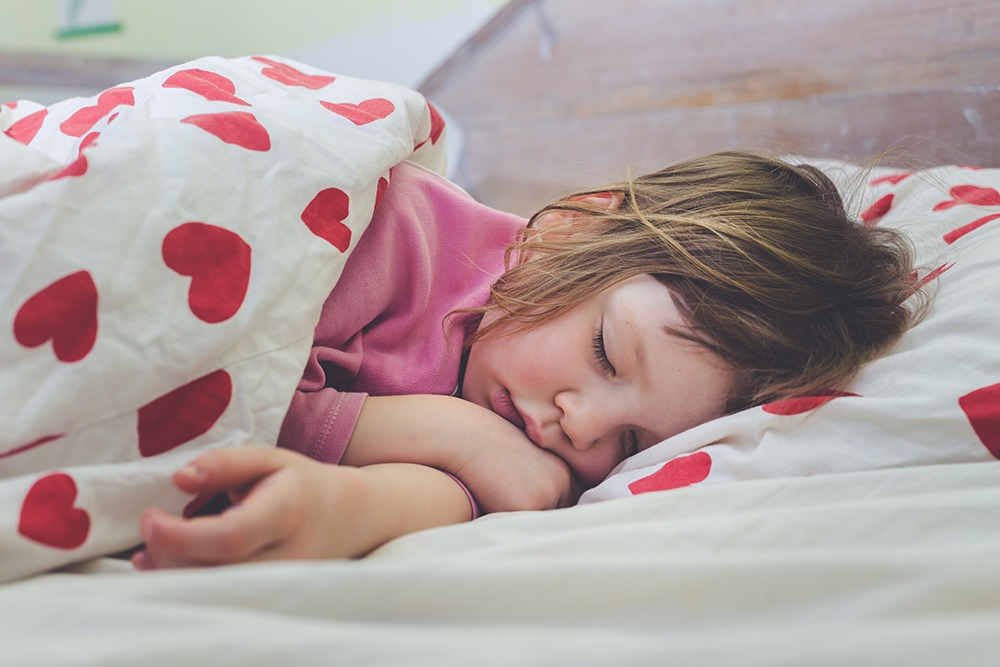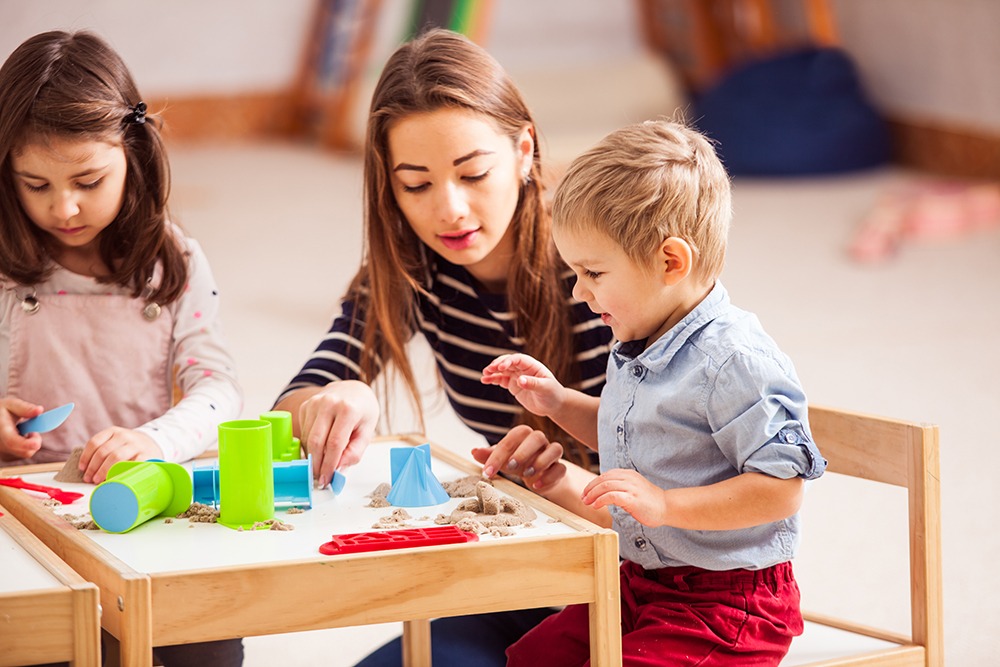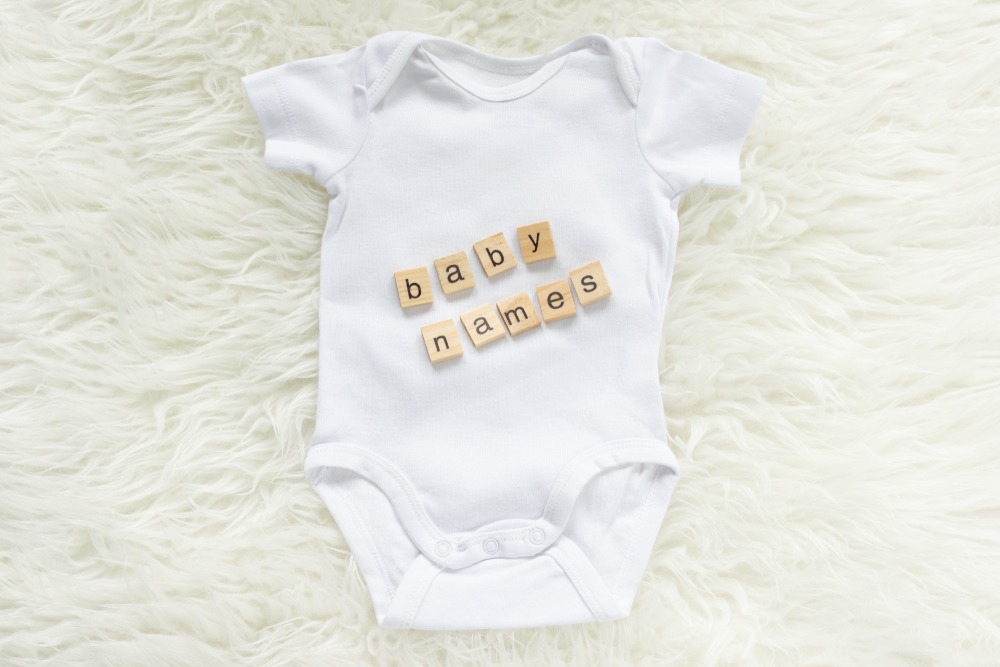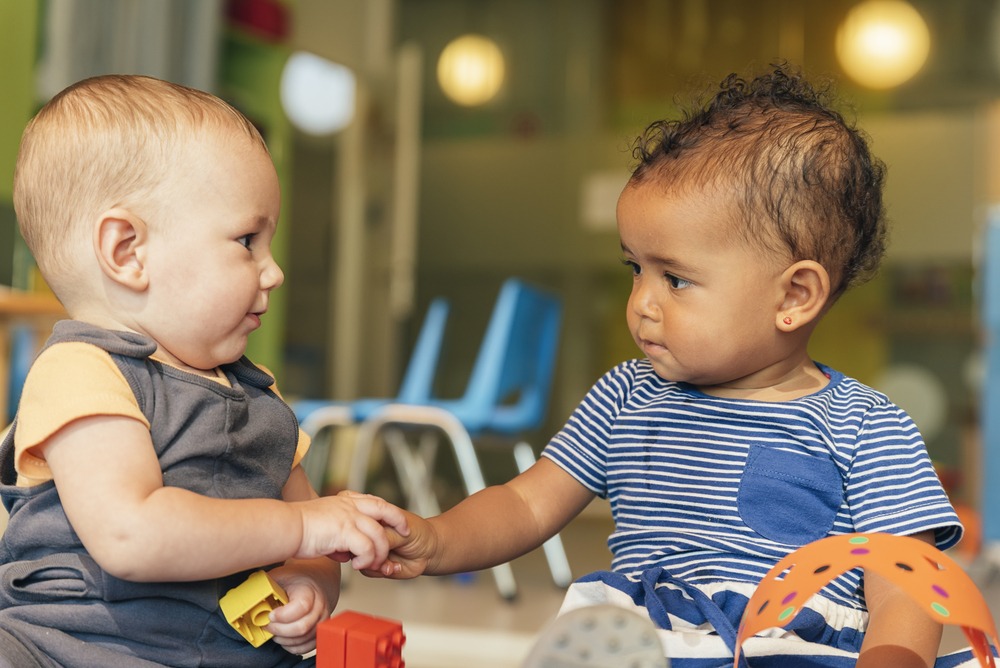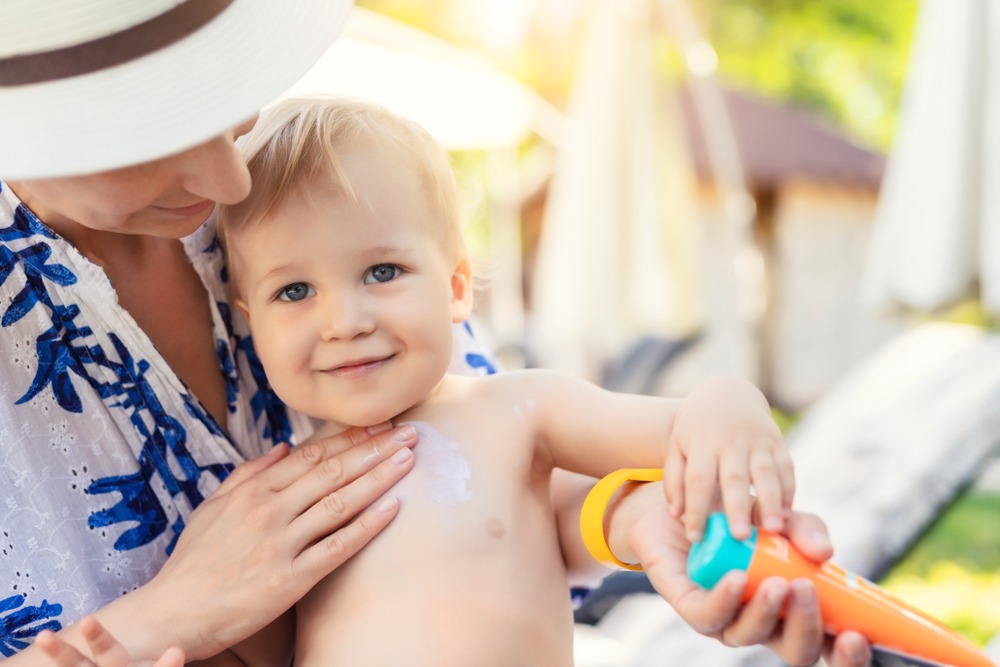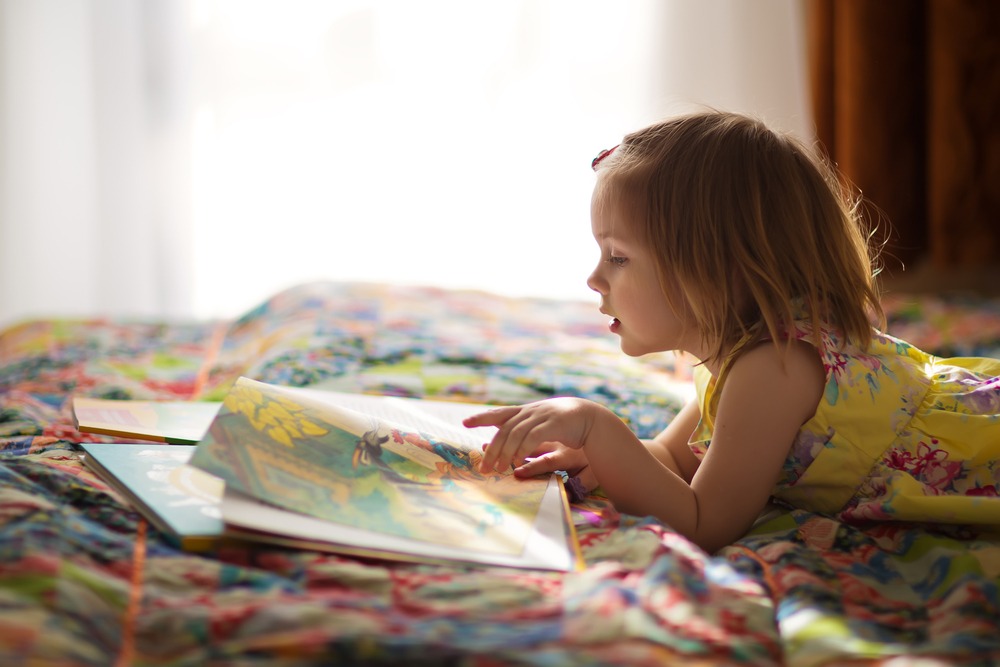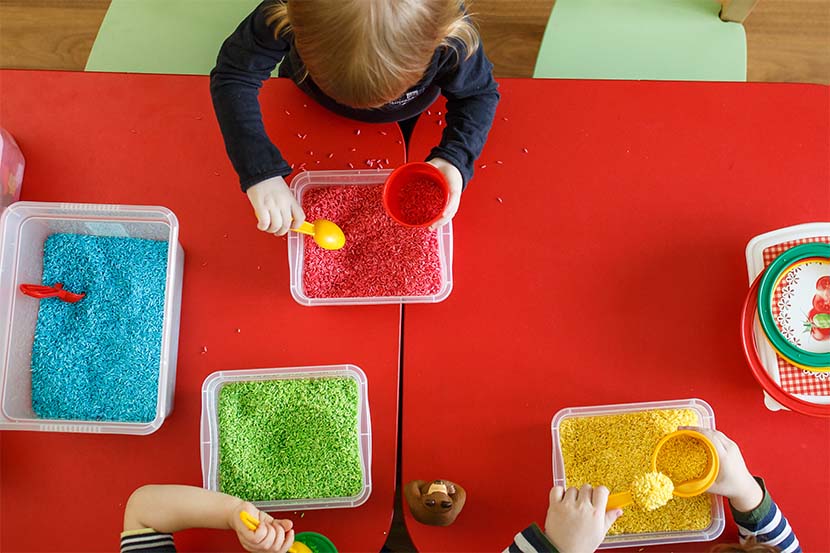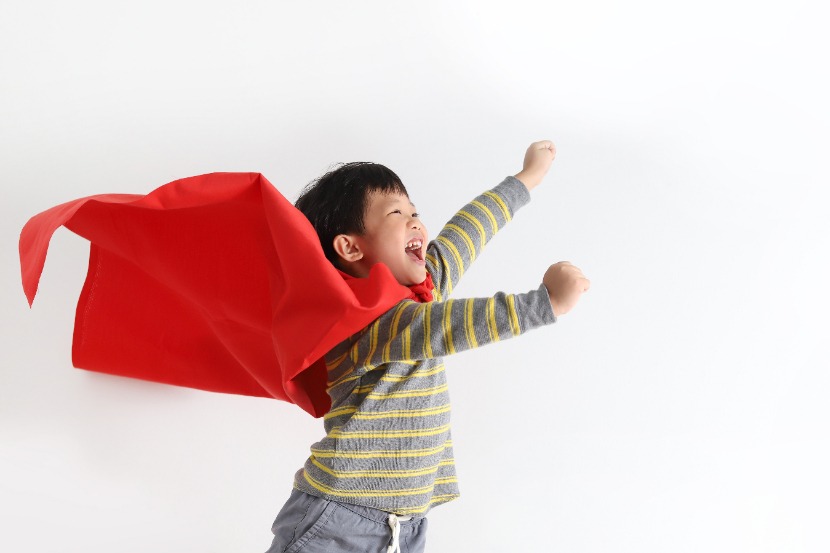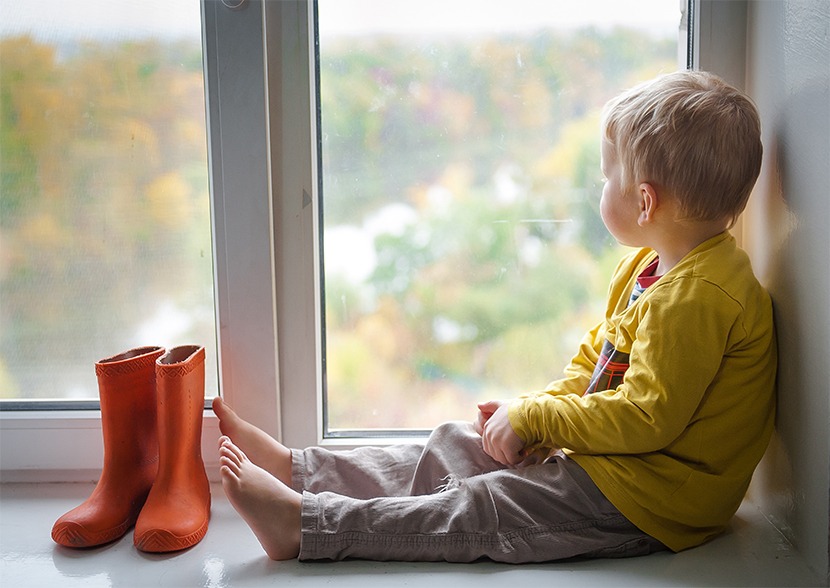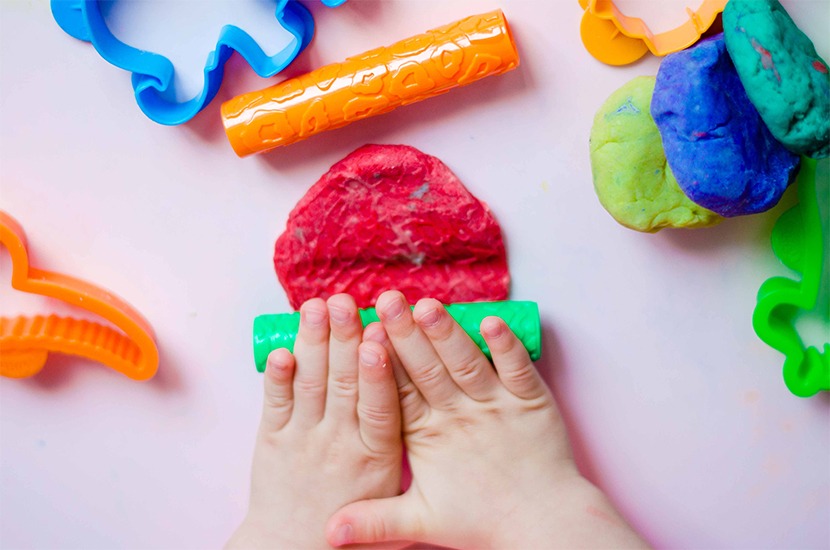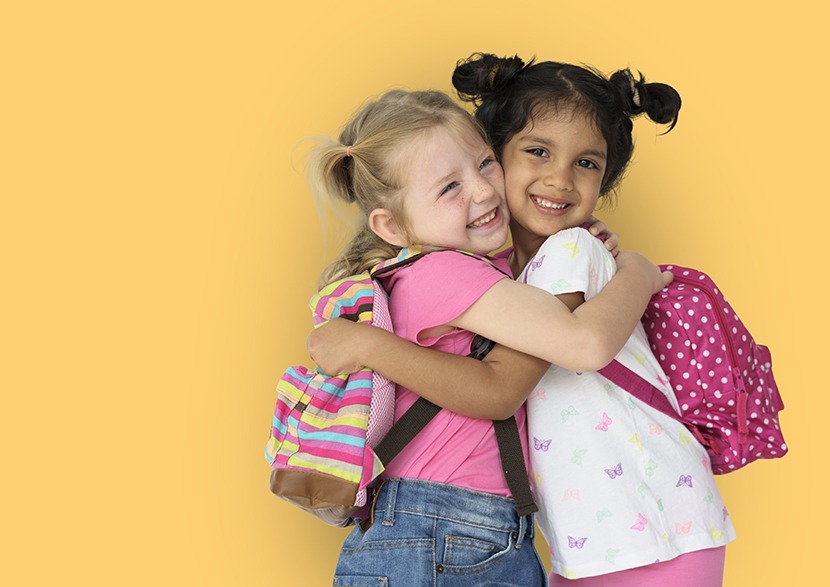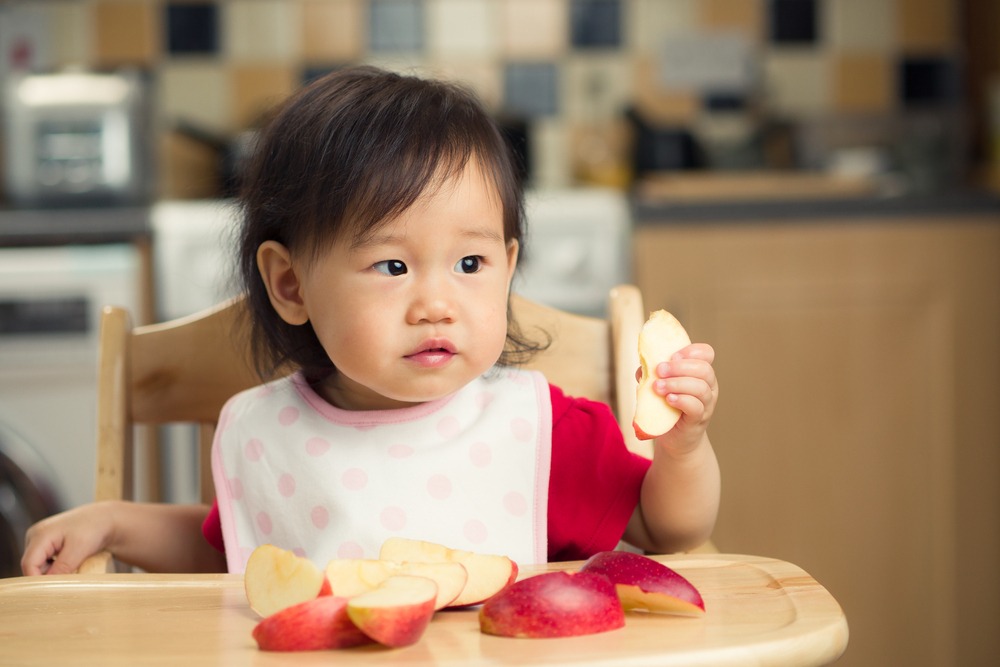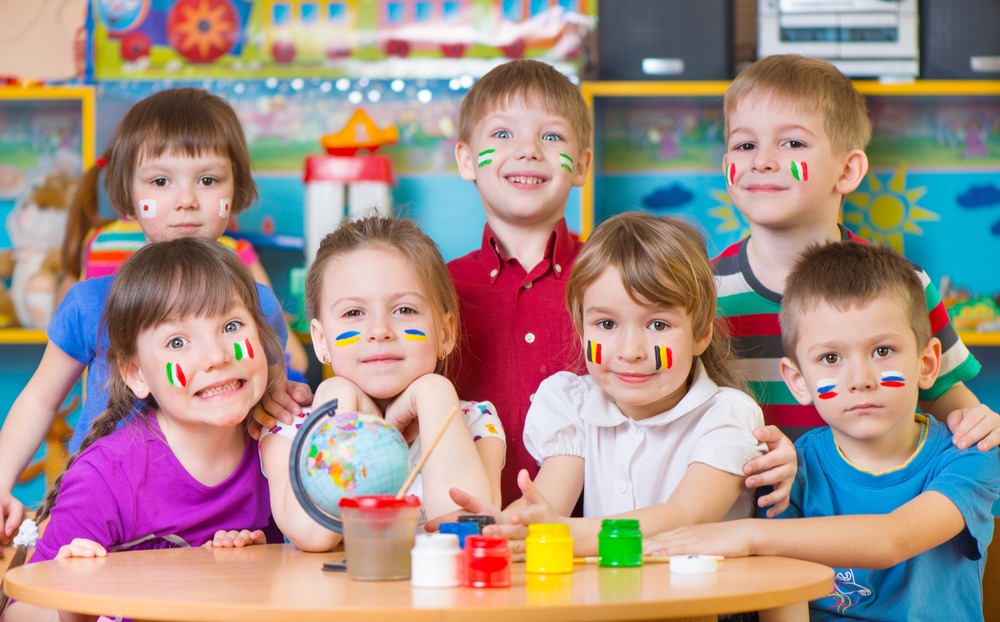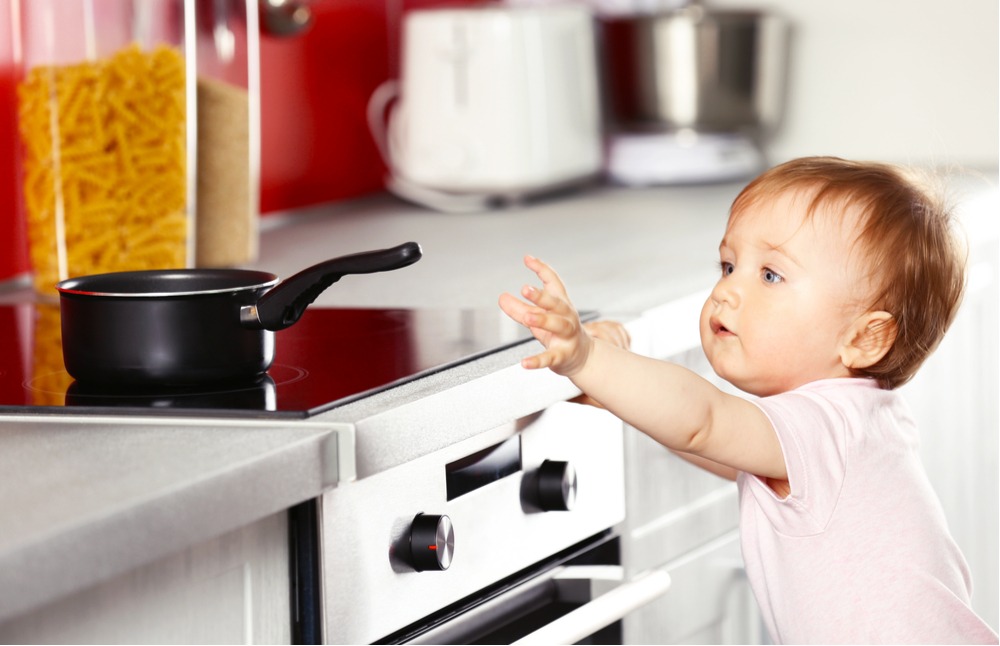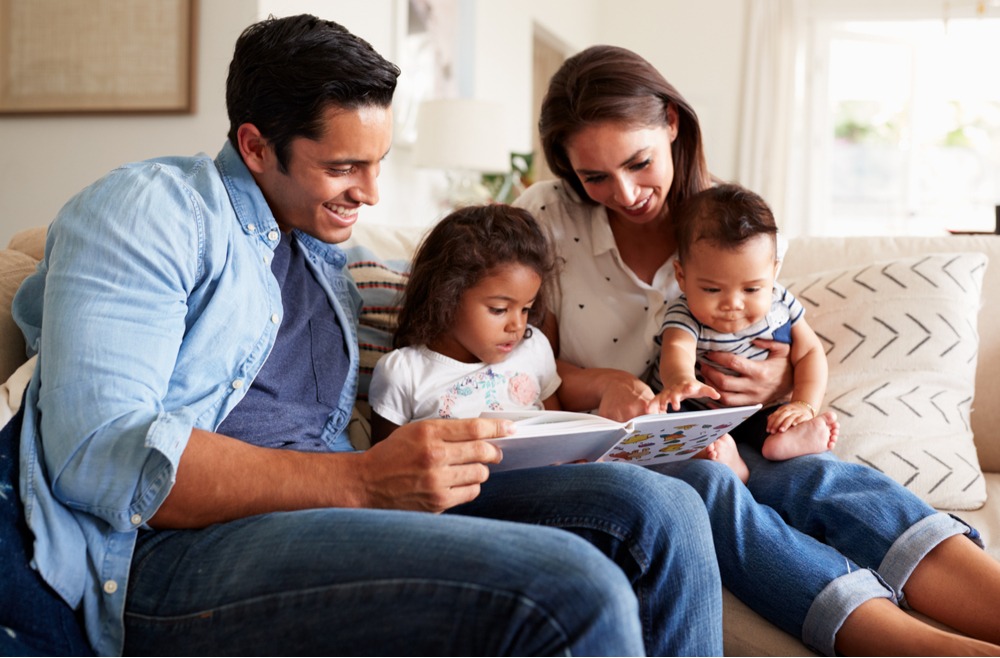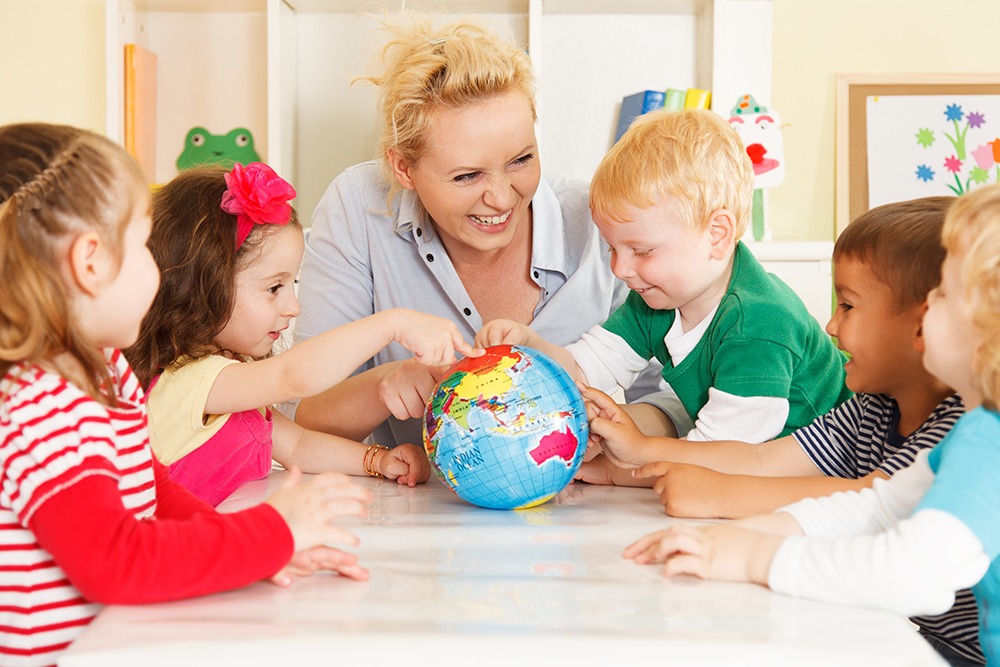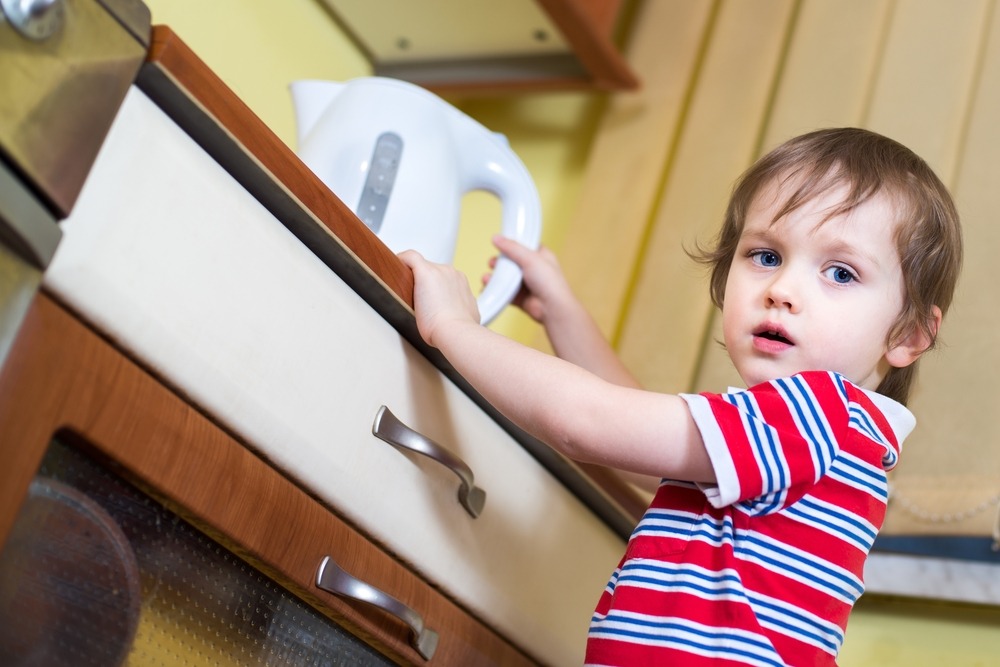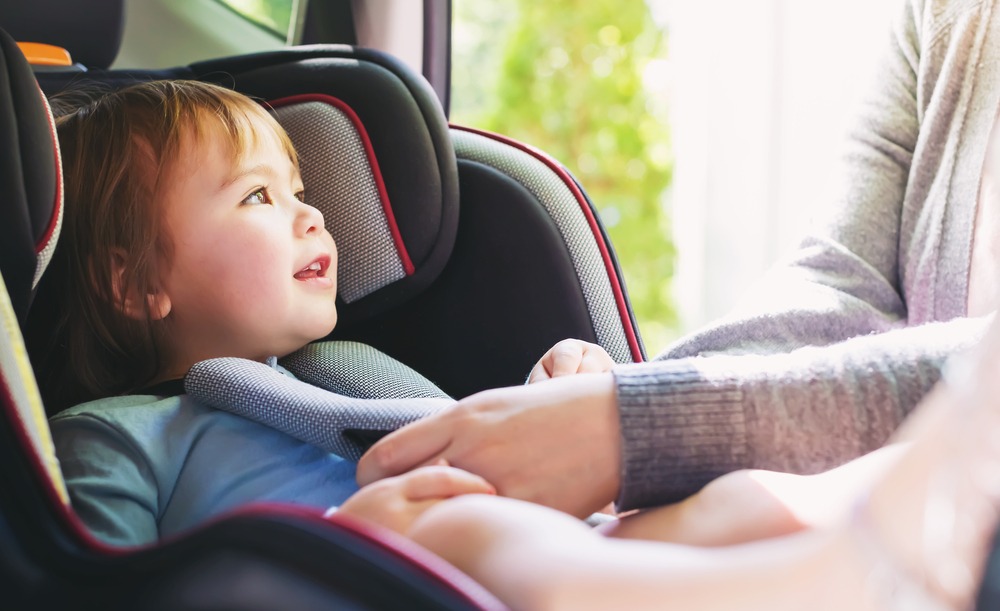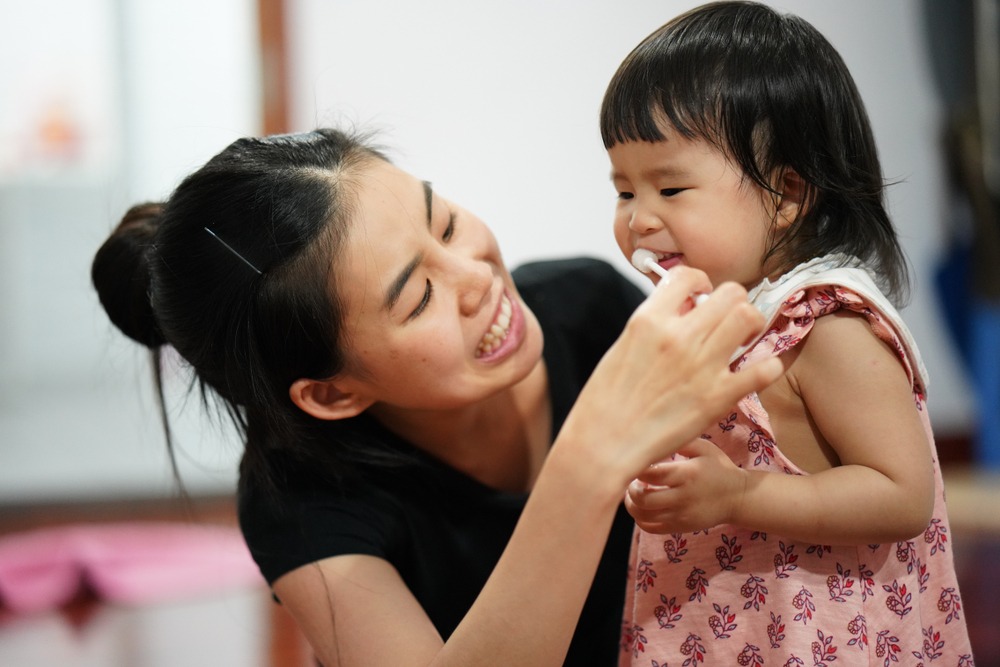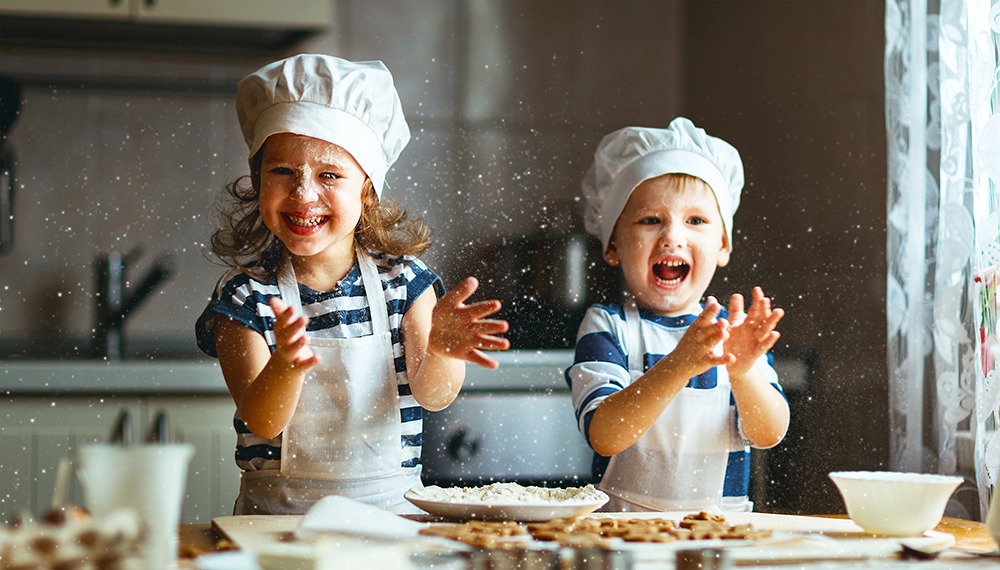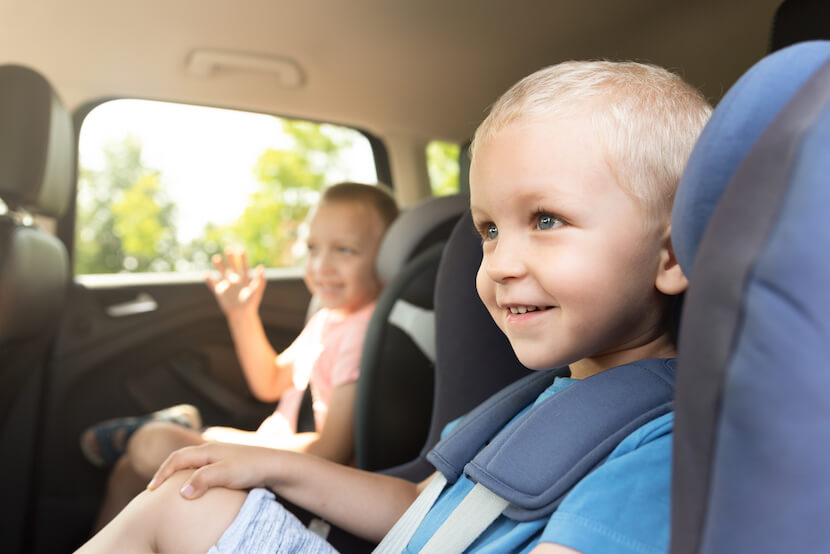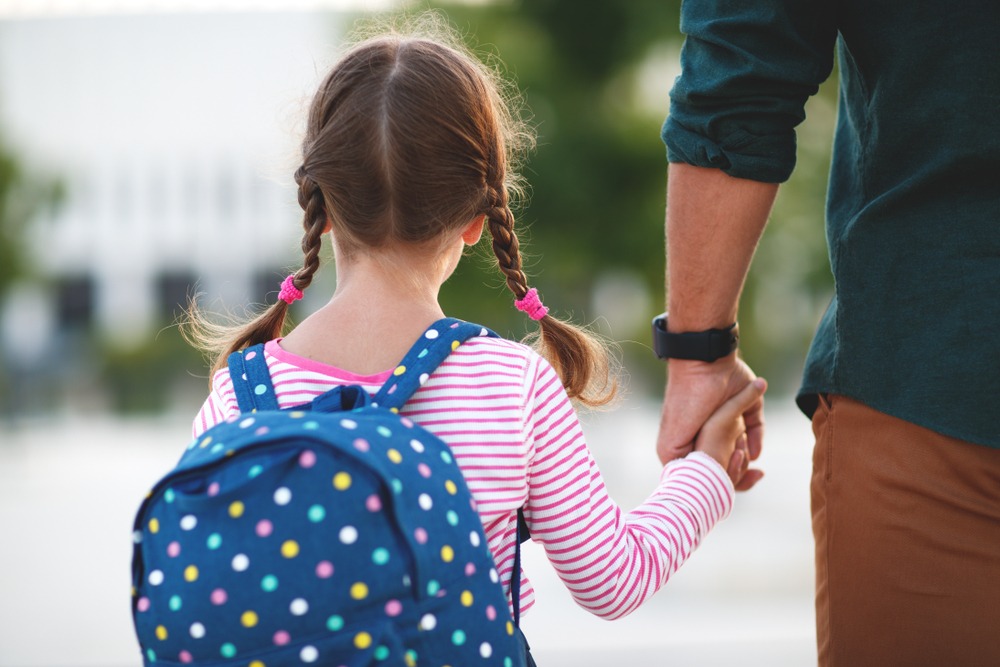
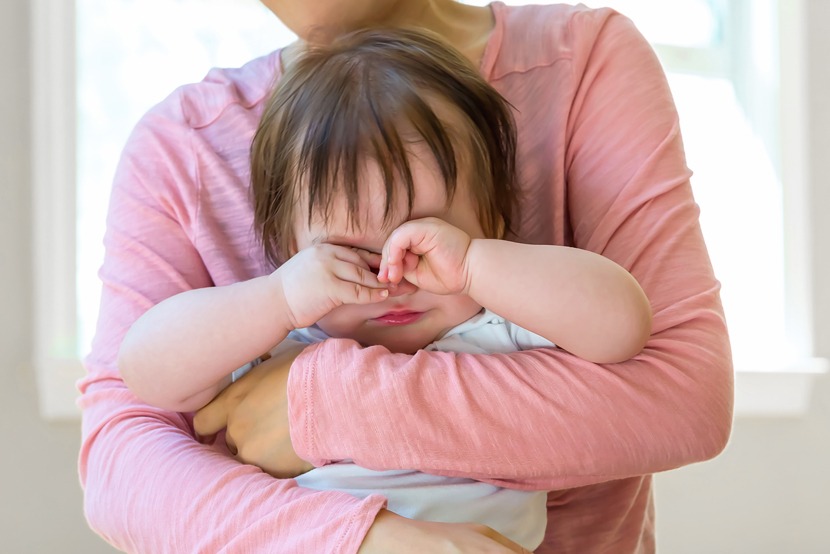
The first 12 to 36 months of your child’s life is when they’ll really start to explore their independence and become more curious about the world around them. In this stage of a child’s life communication skills rapidly emerge, and as parents, we often take delight in the excitement and wonder that they experience.
As your child’s exploration begins to deepen and their emotions start to unfold, so too does their growing senses of frustration and uncertainty and their ability to express these feelings.
Assisting your child on their emotional learning journey will help them to build foundational skills, which are essential not only for school but for adult life as well.
Firstly, why do toddlers have such big feelings in the first place?
Many possible triggers may cause your child to display their emotions, most of the time it’s a normal part of developing.
Here are some likely reasons for toddler behaviour that we see in our centre:
- Hunger or tiredness – These emotions can bring out the worst in all of us. Toddlers are no different!
- Lack of communication skills – Imagine having a feeling but not being able to communicate it or ask for help? You’d be frustrated too.
- Lack of emotional regulation – It takes time to develop and master the art of regulating your emotions. Toddlers are still learning how to recognise their feelings and cope with them.
- Interrupted focus – Toddlers may become very engaged with a task at hand, and if you interrupt them to move onto the next activity, it may cause an outburst. This is especially true when the next task isn’t as exciting as the first.
Why is it important to teach toddlers about their feelings?
When a toddler understands their emotions, it helps them to make sense of themselves, the people and the world around them.
It can be very confusing for a toddler when someone they know or they displays a big emotion. Teaching a child to identify and label their feelings can help them to understand what’s going on inside them and around them. Then over time, they can learn how to react to and cope with such emotions.
Understanding their emotions will help your child build self-confidence through self-expression and position them well for learning. It will also help them grow into high-function, inclusive and collaborative adults.
How can you help your toddler manage their emotions?
At Cubby Care we regularly communicate with parents and caregivers as to how their child is developing and how they respond to specific stresses or circumstances. Having open communication ensures that your child is given the best and most consistent care to support their learning and development.
Every child is unique, so talking with your child’s educators and understanding what works best for them will help to stabilise their emotions.
To help your child manage their emotions, here are some general guidelines:
- If something is working for your child at Cubby Care, then keep it consistent at home.
- If your child is feeling a strong emotion, have them try and describe what they’re feeling so that you can label it together. By really listening to them you are letting them know that their feelings matter.
- If you are generally calm and happy, your toddler is likely to feel the same a lot of the time.
- Be mindful of how you react in certain situations, as you are your child’s role model and greatest teacher.
- Set up a quiet, comfortable and inviting space for them to use when they want to be alone.
Trying to manage your toddler’s emotions can be an overwhelming experience but just remember, it’s overwhelming for them too. By working with your child and your child’s educators, you can help them to develop strong and essential coping skills which will benefit them throughout their whole life.
